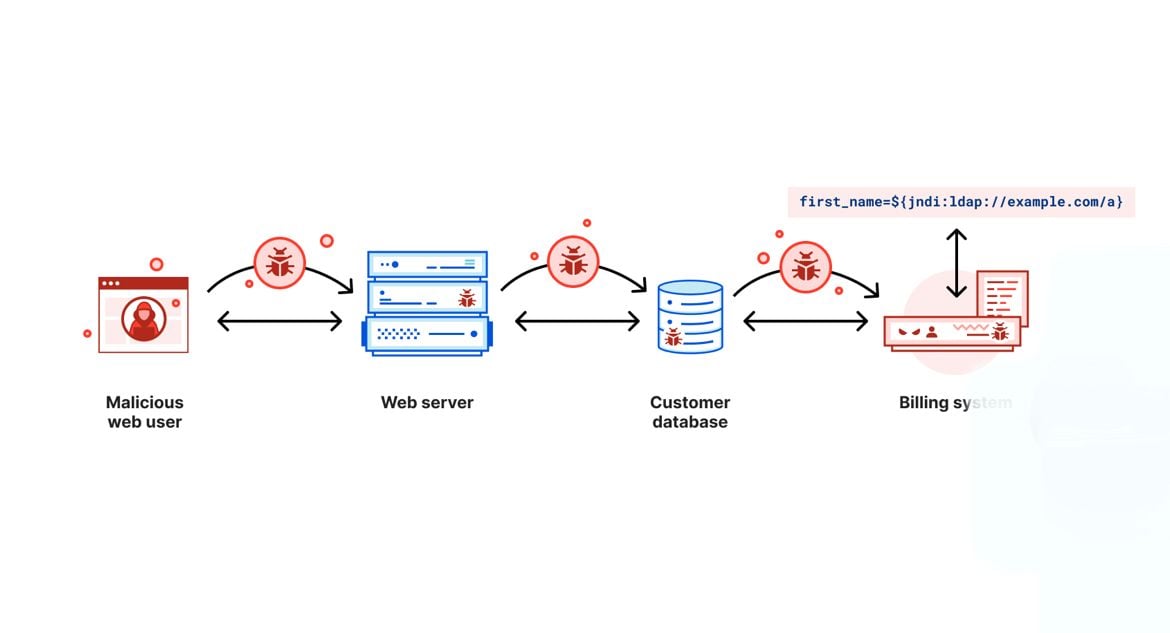Author Archives: Rushil Shah
Author Archives: Rushil Shah


Today we are launching Cloudflare’s paid public bug bounty program. We believe bug bounties are a vital part of every security team’s toolbox and have been working hard on improving and expanding our private bug bounty program over the last few years. The first iteration of our bug bounty was a pure vulnerability disclosure program without cash bounties. In 2018, we added a private bounty program and are now taking the next step to a public program.
Starting today, anyone can report vulnerabilities related to any Cloudflare product to our public bug bounty program, hosted on HackerOne’s platform.
Let's walk through our journey so far.

In 2014, when the company had fewer than 100 employees, we created a responsible disclosure policy to provide a safe place for security researchers to submit potential vulnerabilities to our security team, with some established rules of engagement. A vulnerability disclosure policy is an important first step for a company to take because it is an invitation to researchers to look at company assets without fear of repercussions, provided the researchers follow certain guidelines intended to protect everyone involved. We still stand by that policy and welcome Continue reading

At Cloudflare, when we learn about a new security vulnerability, we quickly bring together teams to answer two distinct questions: (1) what can we do to ensure our customers’ infrastructures are protected, and (2) what can we do to ensure that our own environment is secure. Yesterday, December 9, 2021, when a serious vulnerability in the popular Java-based logging package log4j was publicly disclosed, our security teams jumped into action to help respond to the first question and answer the second question. This post explores the second.
We cover the details of how this vulnerability works in a separate blog post: Inside the log4j2 vulnerability (CVE-2021-44228), but in summary, this vulnerability allows an attacker to execute code on a remote server. Because of the widespread use of Java and Log4j, this is likely one of the most serious vulnerabilities on the Internet since both Heartbleed and ShellShock. The vulnerability is listed as CVE-2021-44228. The CVE description states that the vulnerability affects Log4j2 <=2.14.1 and is patched in 2.15. The vulnerability additionally impacts all versions of log4j 1.x; however, it is End of Life and has other security vulnerabilities that will not be fixed. Upgrading Continue reading